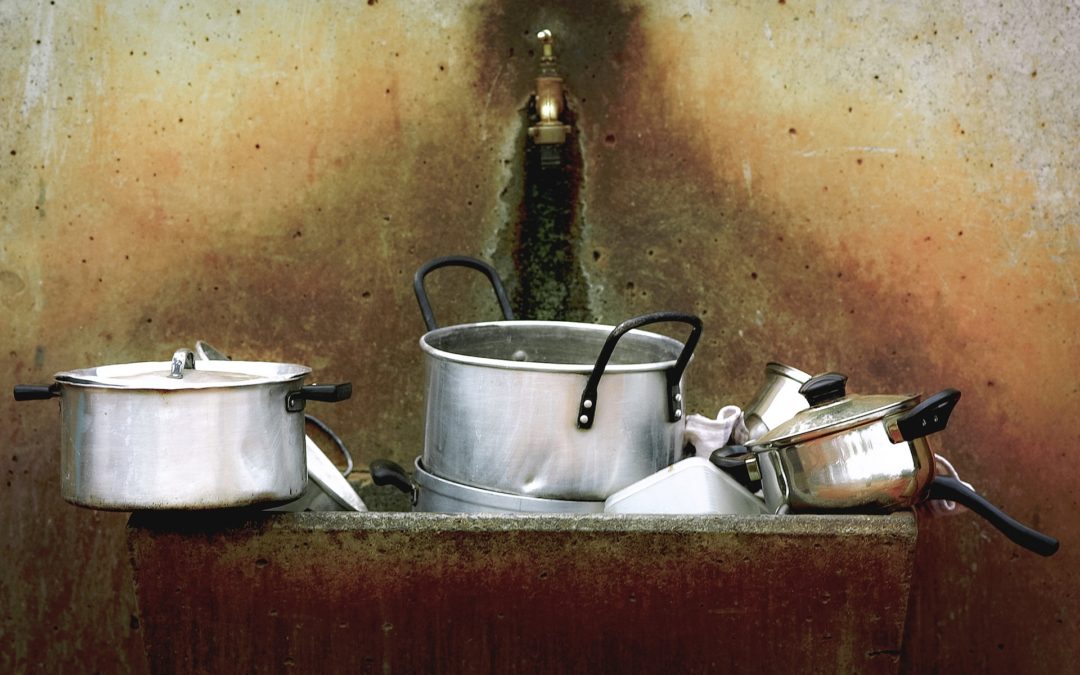Maybe you’ve seen it come across your News Feed, Brittany Ernsperger’s now-viral image of what severe depression looks like. To some, it might look like a pile of clean dishes. A really big pile of clean dishes. To Brittany, however, those dishes—for two weeks—whispered that she was worthless. A failure. Incompetent. Stupid.
You get the point.
Brittany suffers from major depression, and even though the dirty dishes were piling up—even though she really, really wanted to wash the dishes, and even though she knew she had to wash the dishes—she just couldn’t pull herself out of her pit of depression to get them done. As the dishes piled up, she feared that her husband would think she was lazy and that guests would think she was filthy and that she was a bad mother because her kids didn’t have clean dishes to eat on…
And that is what severe depression looks like. Not being able to do the dishes for two weeks. Completely overwhelmed by the most mundane daily tasks. Washing the dishes might as well have been scaling Mount Everest.
Brittany’s post went viral, and has given people a refreshing and honest perspective on what depression looks and feels like. There is a lot of talk about depression lately, especially with the recent wave of celebrity suicides in the headlines. But as much as people are talking about it, there is still a stigma—and there is still a widespread lack of understanding about what depression looks and feels like.
At our ketamine clinics, we treat people with severe depression every day, watching many of them as the fog of depression lifts away and they find themselves able to wash the dishes again, to play a game with their kids again, to work a regular job again…
Ketamine infusions are oftentimes the only treatment that is effective for people suffering from depression as severe as Brittany’s. Traditional antidepressants work in about 40% of patients, and take months to kick in. Ketamine infusions alleviate depressive symptoms—almost immediately—in up to 70% of patients. Ketamine is proven to repair damaged neural connections and enable the brain to create new connections. Healthy connections. Happier connections.
As Brittany said in her viral Facebook post, no one has to suffer from depression alone. And if you or a loved one is suffering—and you find it difficult to endure even the most rudimentary household chores—ketamine infusions could be the hope you’re looking for.

Contact Ketamine Greater Boston
Our ketamine infusion clinic in Boston treats patients suffering from depression and a wide range of other psychiatric disorders. We’d love the opportunity to answer your questions about ketamine infusions and help you determine if you’re a candidate to receive them. Use the brief form below to contact us, and a member of our clinical team will reply shortly.


Recent Comments